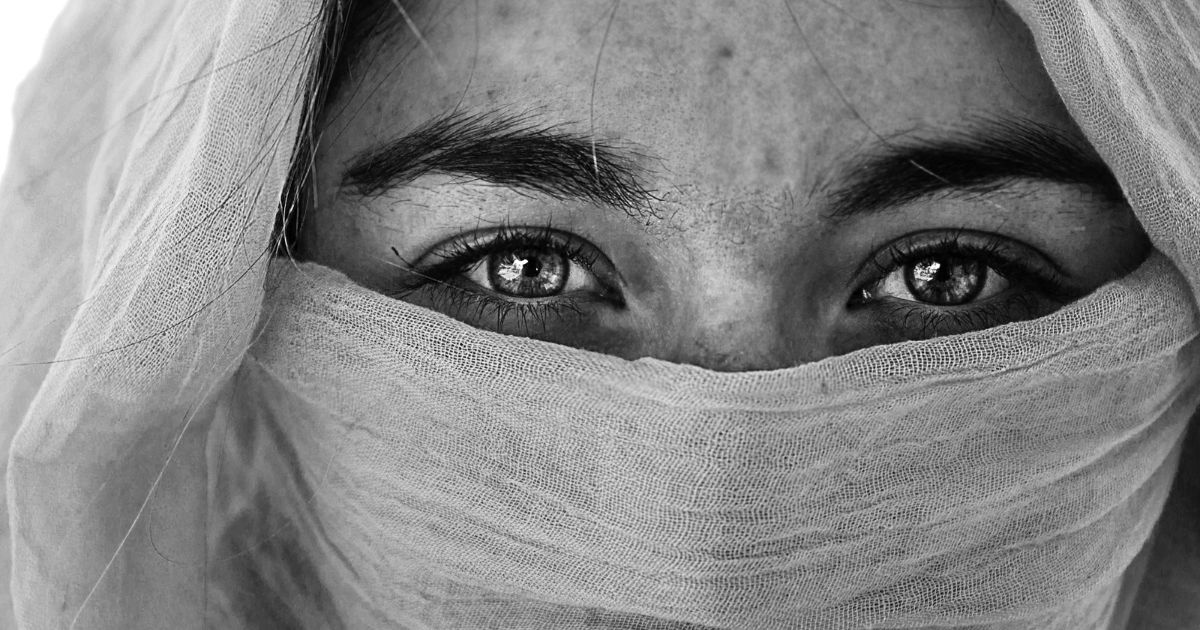The Court of Justice in judgment of 13 October 2022 of the case C-344/20 ruled on the issue of discrimination and on Islamic headscarves worn in the workplace.
While the topic of the expression of beliefs in the workplace is not entirely new in the European legal landscape, the increased visibility of freedom of religious expression and the prohibition of discrimination makes these issues both sensitive and topical.
In this article:
The case
The case concerns two female workers, one a trained educator and the other a sales consultant and cashier, who had been prohibited by their respective employers from wearing the Islamic headscarf during working hours.
In one case, the employer had imposed a disciplinary sanction ( warning and suspension from work) on her, after she refused to remove her headscarf.
In the other case, upon the employee’s refusal to remove her headscarf, the employer had initially assigned her to another job that allowed her to wear it, and subsequently had required her to come to the workplace without any symbols that would disclose any religious, political or philosophical beliefs.
The workers then turned to the Employment Tribunal, complaining that the choice as to what clothes are most appropriate for work should be unfettered and be up to the worker. According to the employees, the only exceptions should be uniforms and clothes worn for reasons of safety of the workers themselves.
The employees thus argued that if there is no rule that dictates a certain dress code for a certain job then no prohibition can be imposed on a worker who decides to wear symbols that express his or her religious affiliation.
Gathered the Employment Tribunal’s doubts, the Court of Justice responded by a balance of interests: personal freedom and business freedom. Before looking further into the Court’s ruling, it is appropriate to first understand what the law provides for such situations.
The Islamic headscarf in the workplace
Freedom of dress is a distinctive feature of each person’s identity that amounts to the right to express oneself as one wishes, thus embracing all one’s religious, moral, and ideological beliefs that distinguish each human being and qualify the individual.
Directive 2000/78/EC provides for fighting any kind of discrimination, including that “based on religion or personal beliefs” and “with a view to making the principle of equal treatment effective in the Member States.”
This implies that any form of discrimination, direct or indirect, i.e. “any apparently neutral provision, criterion or practice which may put persons professing a particular religion or other ideology at a particular disadvantage”, is prohibited.
According to Article 3 of the Directive, the prohibition of discrimination also applies to all persons in the private sector, thus including employers and with reference to “employment and working conditions”. Let us see now what position the Court of Justice takes.
The position of the Court of Justice
The Court of Justice had to comment in particular on the balancing of the employer’s business needs against the right to identity “sub specie religionis”.
What if, under internal regulations, an employer prohibits the visible wearing of religious, philosophical or spiritual signs?
The Islamic headscarf, in particular, represents a distinctive sign of belonging to a religious belief.
This question is answered by the Court of Justice in this judgment (Court of Justice in Case C-344/20 with judgment of October 13, 2022). A distinction must first be made between direct and indirect discrimination. According to the Court of Justice
More specifically, a domestic rule prohibiting the wearing of headscarves in the workplace :
- Must be applied generally and indiscriminately. It can be justified, to ensure a policy of neutrality. In the cases examined, one of the two employers had asked all employees not to make religious signs visible, including one worker who wore a religious cross. This shows that the rule had been applied without differences among employees. Otherwise, the rule would constitute discrimination based on religion or belief;
- must be justified by the employer’s desire to pursue a company policy toward its customers of religious, political and philosophical neutrality.
The decision thus rules out the existence of direct discrimination whenever company directives are applied in a general and indiscriminate manner, while it assumes the existence of indirect discrimination when an internal directive, which appears to be neutral, actually entails a particular disadvantage only for workers who adhere to a certain religion or ideology, which is not justified by a real need of the employer.
As a matter of fact, in the present case, the Court concluded that a ban on showing one’s religious beliefs in the workplace is not automatically discrimination, but it does require a legitimate reason. The important thing is that the ban covers all religions and currents of thought and is therefore neutral.
© Canella Camaiora S.t.A. S.r.l. - All rights reserved.
Publication date: 9 January 2023
Last update: 7 May 2025
Textual reproduction of the article is permitted, even for commercial purposes, within the limit of 15% of its entirety, provided that the source is clearly indicated. In the case of online reproduction, a link to the original article must be included. Unauthorised reproduction or paraphrasing without indication of source will be prosecuted.

Antonella Marmo
A Lawyer at the Canella Camaiora Law Firm, a member of the Milan Bar, she focuses on Commercial and Employment Law.
